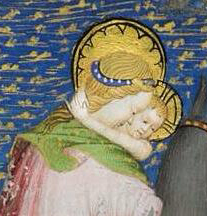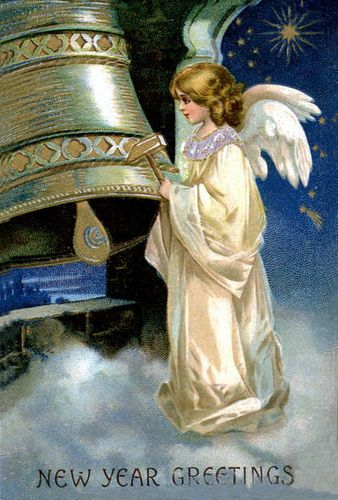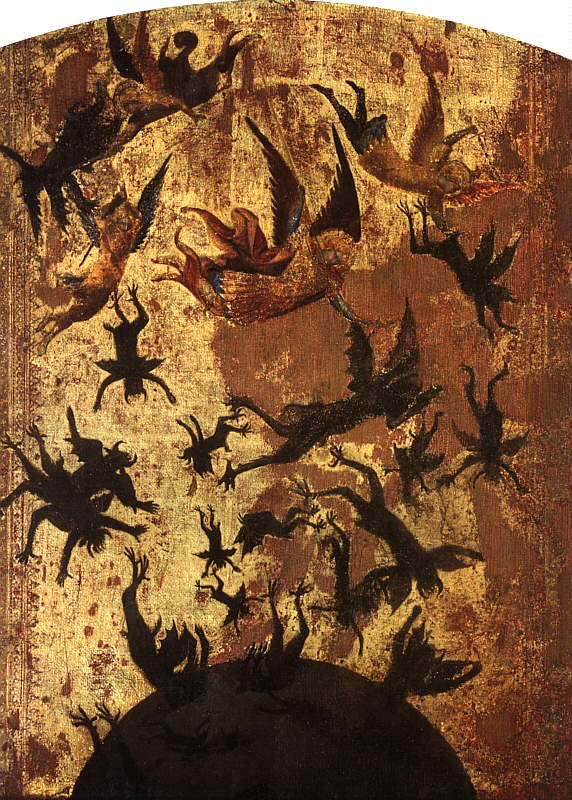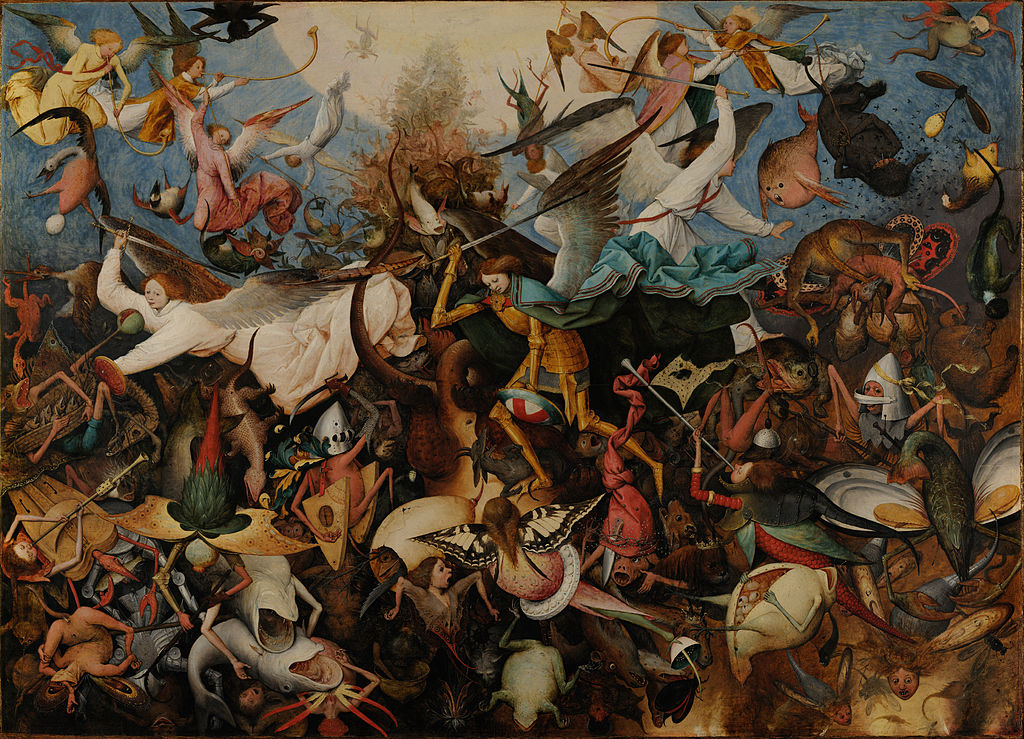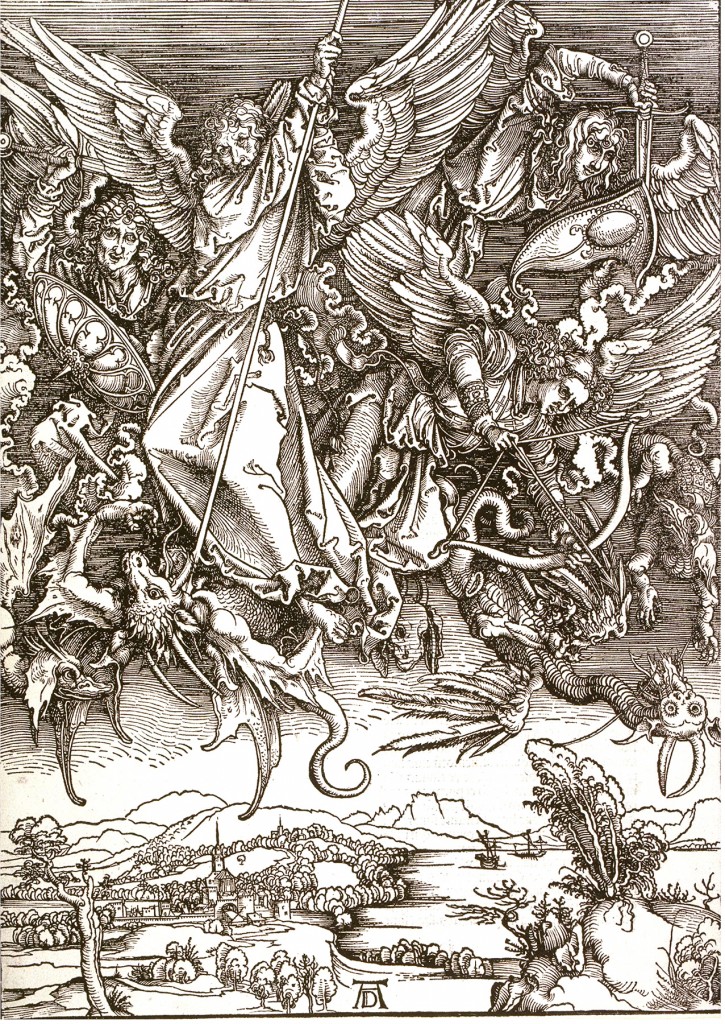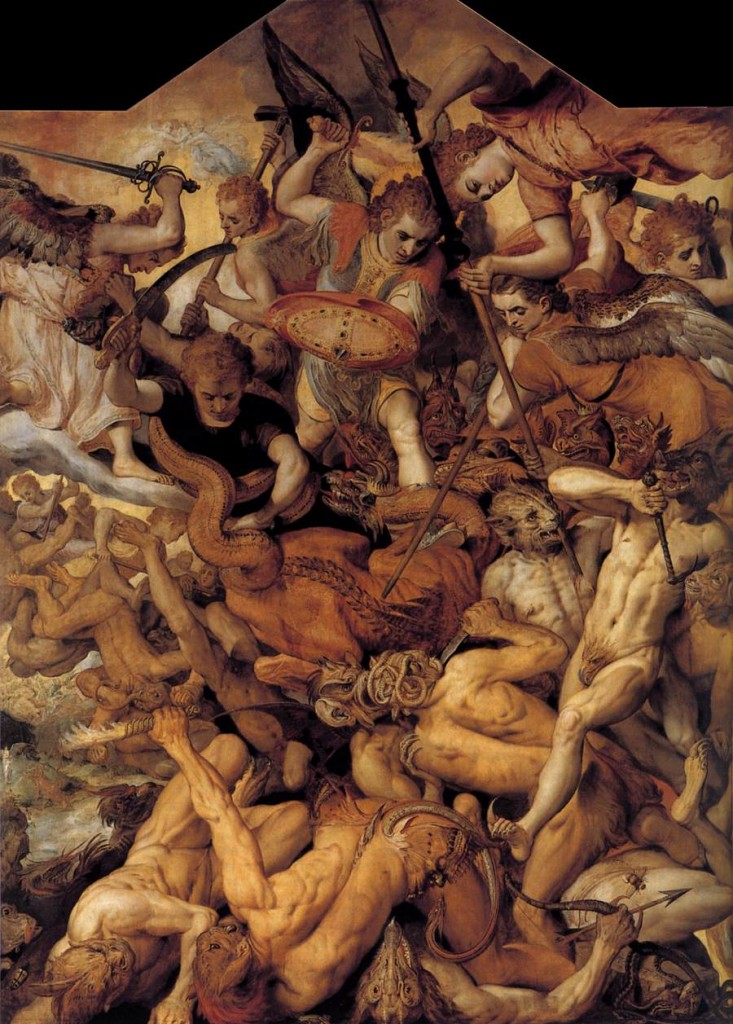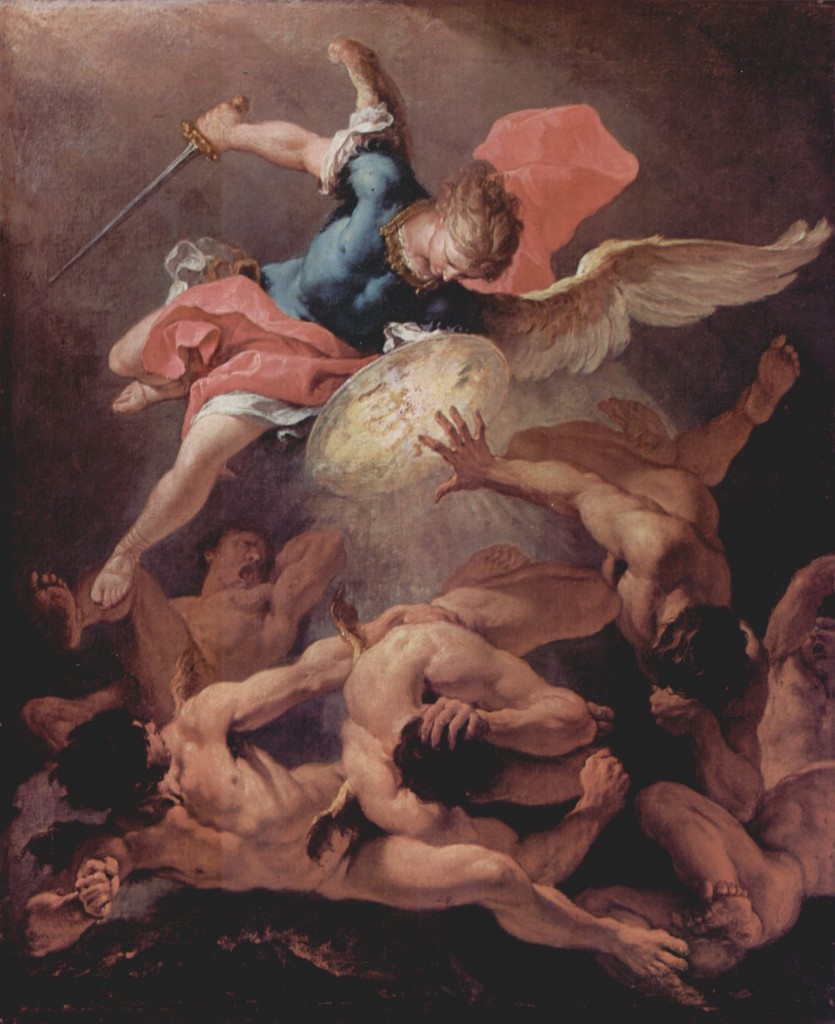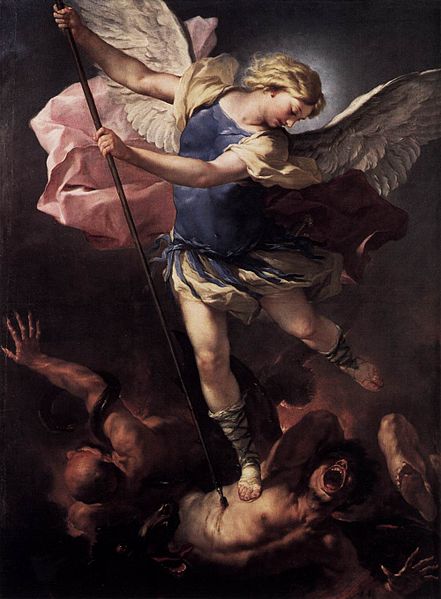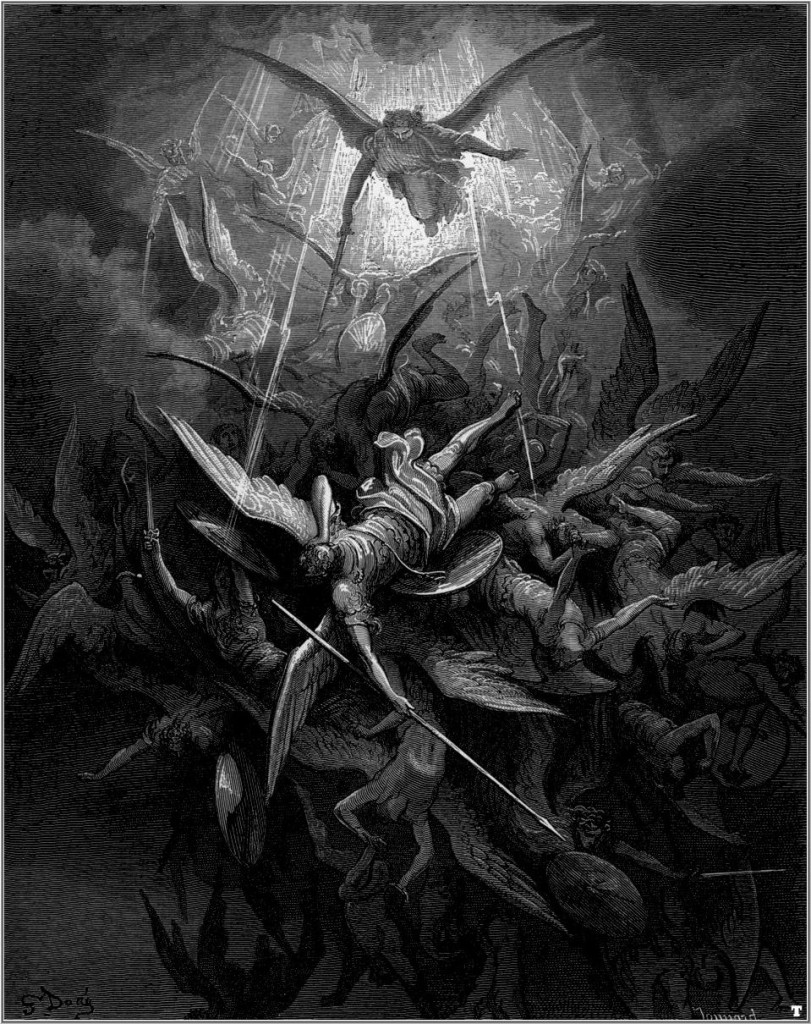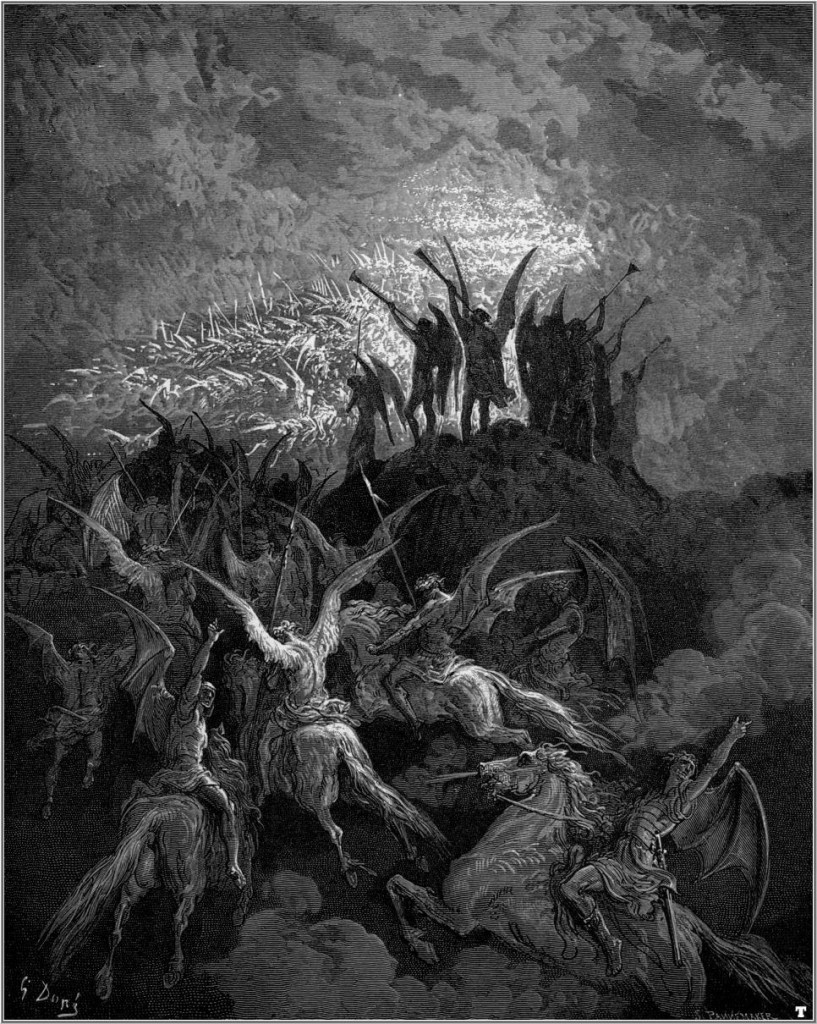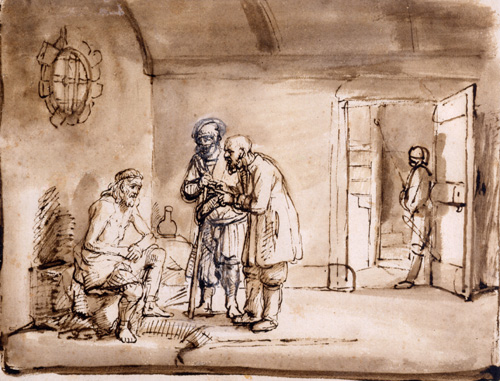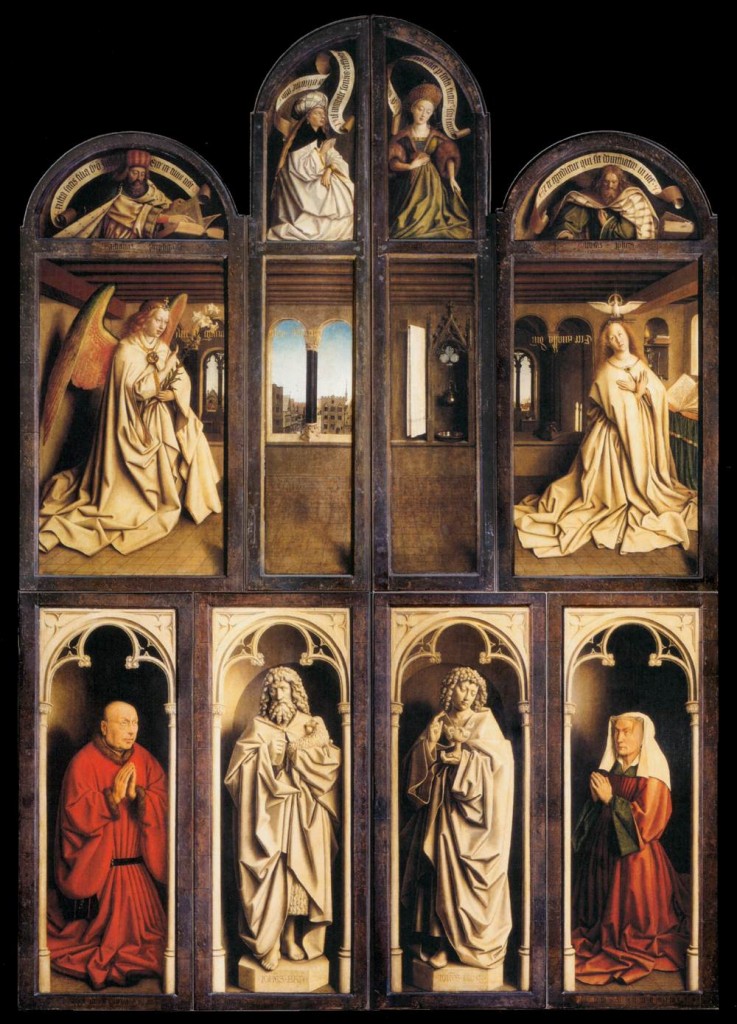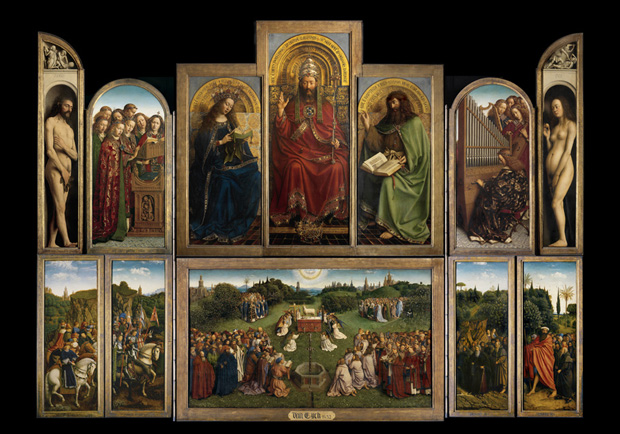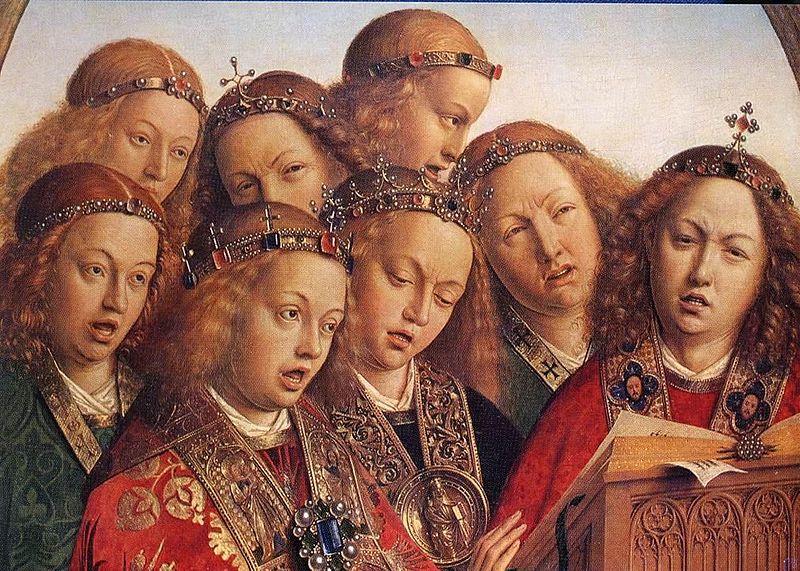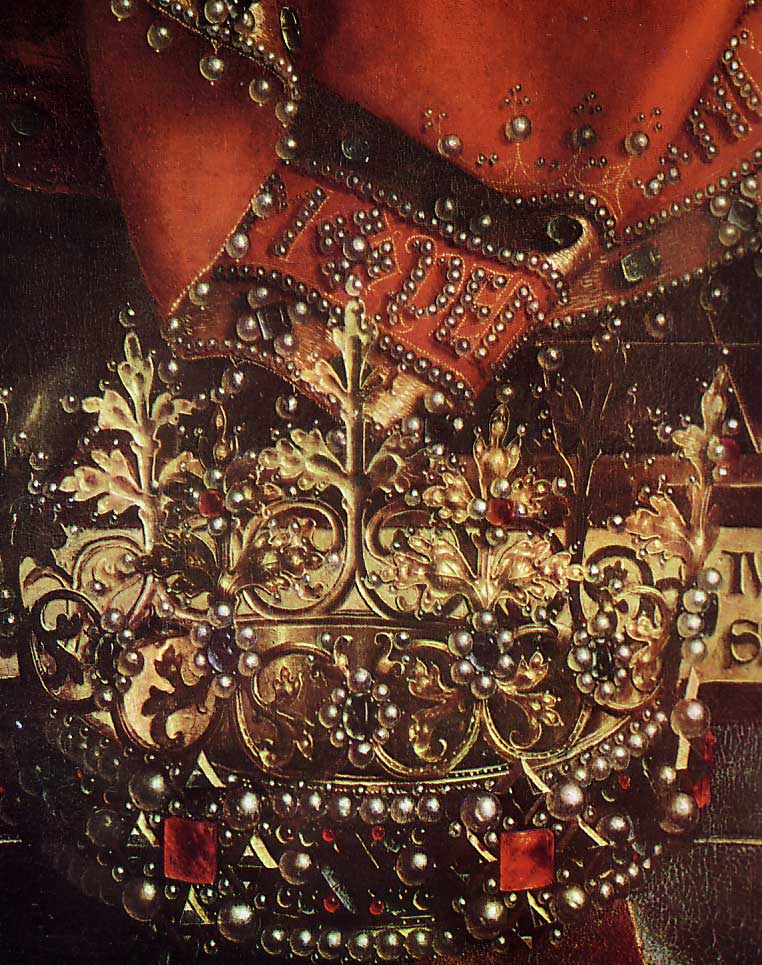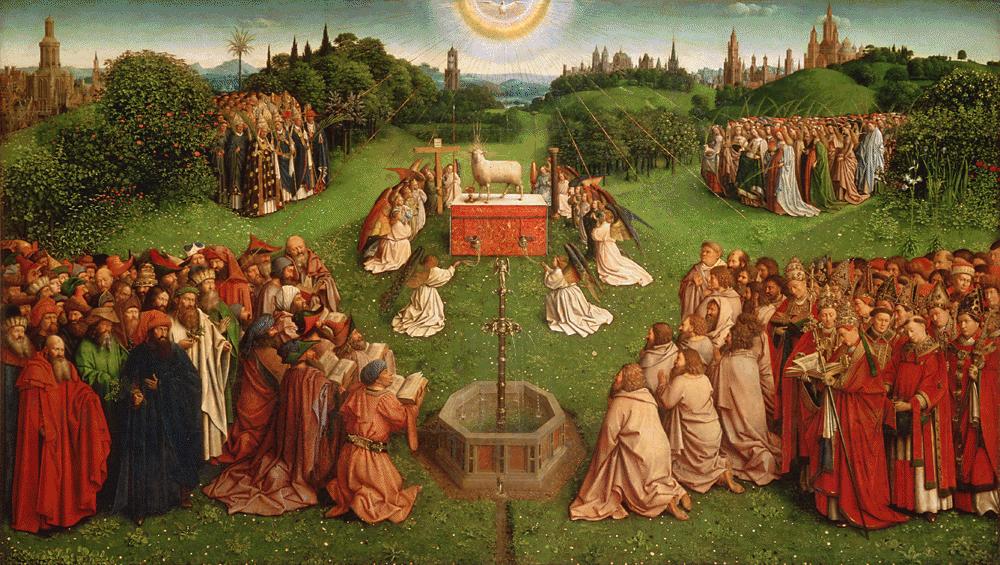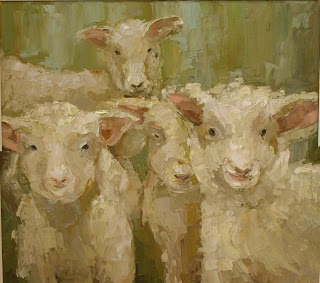A conversation with my father has set me to thinking. Dad was imagining what it might have felt like to be the Mother of God, which made me wonder why God would come to earth as a child. The standard answer to that question is that, having decided to become fully human, God wanted to be born–to come into the world the way we all come into the world. But why did he make himself so terribly vulnerable? Why not fly down like a superhero? Why not walk out of the wilderness like The Man with No Name. Why an infant?
There’s plenty of holy mystery available for contemplation in that question, but this time it reminded me of a passage in Reaching Out, an amazing book by Henri Nouwen that I return to often. In Reaching Out, Nouwen explores Christian hospitality–not merely as the act of welcoming strangers into our homes, but as a fundamental attitude toward other people. Hospitality means moving away from hostility and creating a safe space in which strangers may share their gifts and become friends. This space may be literal and physical, but it is also psychological and emotional, and so we may extend hospitality to others in all our interactions. Nouwen writes:
It may sound strange to speak of the relationship between parents and children in terms of hospitality. But it belongs to the centre of the Christian message that children are not properties to own and rule over, but gifts to cherish and care for. Our children are our most important guests, who enter into our home, ask for careful attention, stay for a while and then leave to follow their own way. Children are strangers whom we have to get to know….We can even say that the love between parents and children develops and matures to the degree that they can reach out to each other and discover each other as fellow human beings, who have much to share and whose differences in age, talents and behaviour are much less important than their common humanity.
Perhaps one of the many graces present at that first Christmas was the opportunity given to humanity to show God hospitality. It wasn’t a test or a temptation, it was an opening for a new relationship. And when Mary allowed the Spirit to enter her body, and someone made a place in the stable, we welcomed God.

